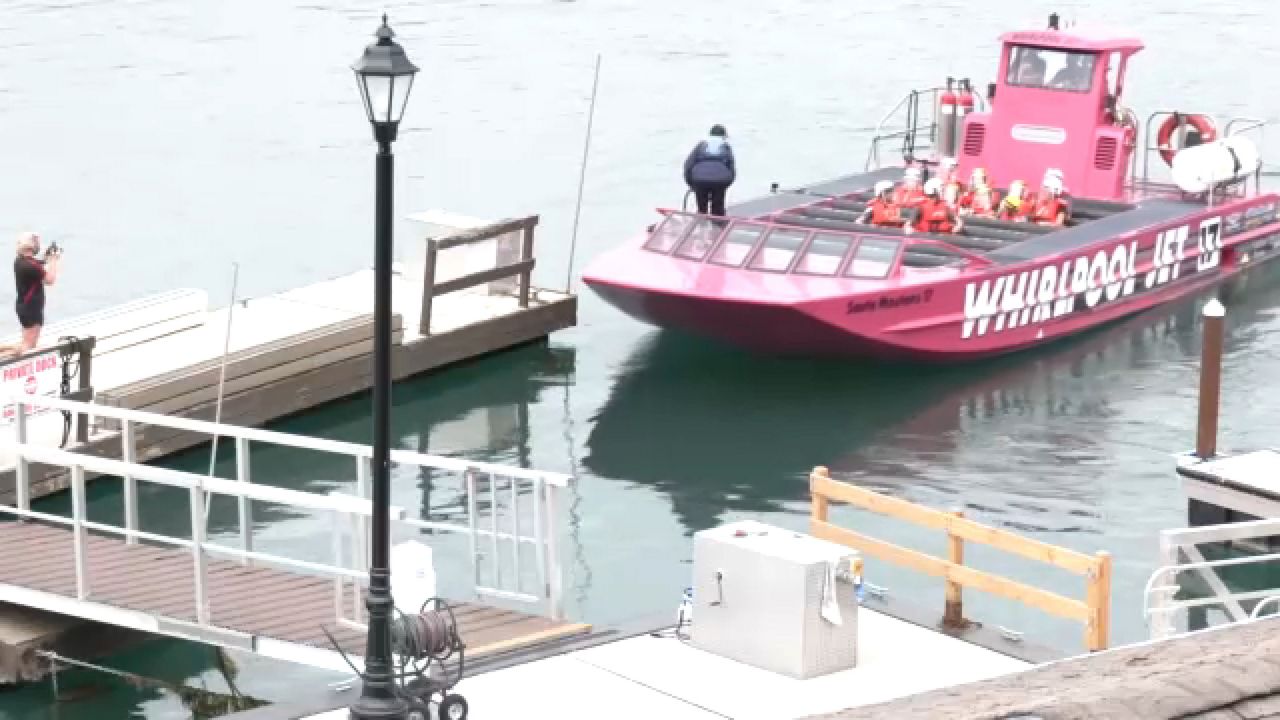
BREAKING: Legal experts are raising urgent questions about the Trump administration’s recent military strike that killed 11 alleged drug smugglers in international waters. Amid mounting pressure from Congress, the administration has provided unclear justifications for the unprecedented action, leaving lawmakers and legal analysts demanding clarity.
The Defense Department abruptly canceled scheduled classified briefings on October 20, 2023, intended for key House and Senate committees. This decision has sparked frustration among congressional members who sought to understand the legal basis for the strike and critical details, including the military unit involved and the intelligence behind the operation.
Administration officials argue that the strike targeted members of the Tren de Aragua, a Venezuelan criminal gang designated as a terrorist organization by the US. Yet, experts highlight a critical distinction: Congress has not officially declared the US at war with Tren de Aragua, raising significant legal concerns regarding the legitimacy of the military action.
“The strike was the obvious result of designating them a terrorist organization,” noted a source familiar with the Pentagon’s rationale. However, the administration has yet to convincingly establish that these individuals constituted legitimate military targets under both domestic and international law. Traditionally, drug smugglers and cartel members are treated as criminals with due process rights, not combatants.
In a letter sent to House Speaker Mike Johnson and Senate President Pro Tempore Chuck Grassley, Trump cited his Article II authority but failed to provide specific information about the operation, including the identities of those killed. Trump indicated the military was ready for further operations, suggesting a potential escalation.
White House spokeswoman Anna Kelly claimed that the strike complied with the law of armed conflict, raising eyebrows among legal analysts. Brian Finucane, a former State Department lawyer, criticized the administration’s approach, stating,
“They’re throwing a lot of words out there that don’t necessarily go together or constitute a coherent legal justification.”
Compounding the confusion, Marco Rubio, Secretary of State, admitted the strike was not the only option available, as the boat could have been intercepted rather than destroyed. This admission further weakens the administration’s case for the necessity of lethal force.
The administration’s narrative includes assertions of self-defense due to regional instability, echoing justifications for military action under international law. However, experts argue that claiming self-defense requires establishing that the action was both necessary and proportionate—criteria that the administration has yet to convincingly meet.
As public scrutiny intensifies, the lack of transparency surrounding the identities of the deceased remains a critical issue. Despite claims of having detailed intelligence, the government has not released any information regarding the individuals killed in the strike, raising concerns over potential violations of international law prohibiting the killing of non-combatants.
Critics, including former Pentagon lawyers, point out that without clear evidence of an armed conflict with Tren de Aragua, the administration’s actions could be construed as unlawful killings.
“There is a word for the premeditated killing of people outside the context of armed conflict,”
Finucane stated. “That word is murder.”
This developing story highlights the complexities of military engagement and legal oversight, with implications that extend beyond US borders. As Congress continues to demand accountability, the administration’s next steps will be closely watched by legal experts and lawmakers alike.
Stay tuned for further updates as this situation unfolds.





